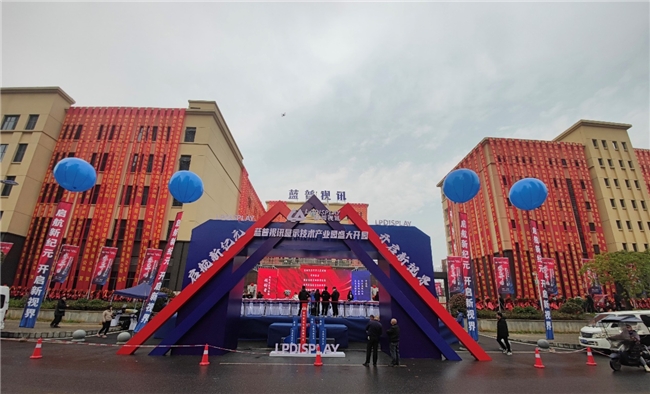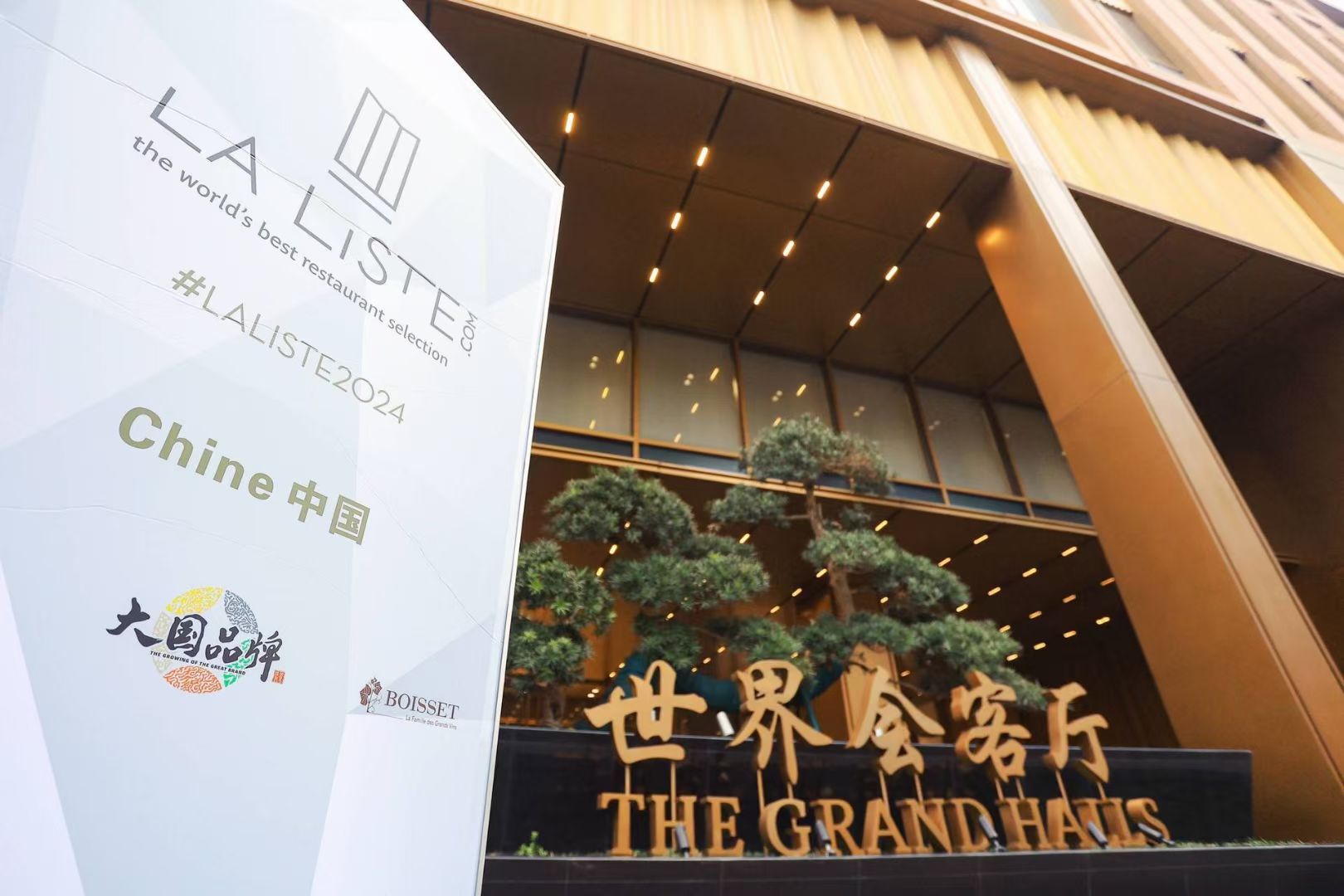Cases related to defaulting builders should be first taken up by regulators under the new real estate law RERA before being referred to the NCLT for insolvency proceedings, realtors' body NAREDCO has suggested.
The association also recommended that any dispute regarding new projects should only be heard by state regulators set up under the Real Estate (Regulations and Development) Act, called RERA, and not consumer courts.
These suggestions were made by NAREDCO to the Union Ministry of Housing and Urban Affairs during a meeting that was called last week to seek suggestions from stakeholders for removing any difficulties under RERA, being implemented from May 2017.
This law was brought in to make the real estate sector transparent and eliminate fly-by-night operators.
"At present, complaints against builders are being taken up by consumer courts as well as real estate regulatory authorities established under the RERA.This is creating confusion," NAREDCO President Niranjan Hiranandani told PTI.
The new projects should only be taken up under RERA, he said, and sought necessary changes in provisions of this law so that builders do not have to face litigation in multiple fora.
Hiranandani said the cases related to defaulting builders should be initially referred to RERA regulators for resolution of dispute before insolvency proceedings are invoked.
"If regulators under RERA fail to resolve, the dispute may be referred to the National Company Law Tribunal (NCLT) for adjudication," he said.
Hiranandani, the co-founder and MD of Mumbai-based real estate major Hiranandani Group, also wanted uniformity in the implementation of provisions of this law across the country.
On defect liability of promoters till five years of possession of units, the association suggested that it should only be for structural and design defects as well as material used.
However, the defect liability of the promoter should exclude equipment like lifts and generators that carry warranty/guarantee by manufacturers.
Fittings related to plumbing, sanitary ware, electrical and hardware should be excluded as they have natural wear and tear, it said.
Hiranandani also said extension of registration of projects should be decided on case to case basis instead of the current provision of one year extension.
"Sometimes the construction work in projects gets delayed because of court orders or some other issues where builders are not in fault," he said.









